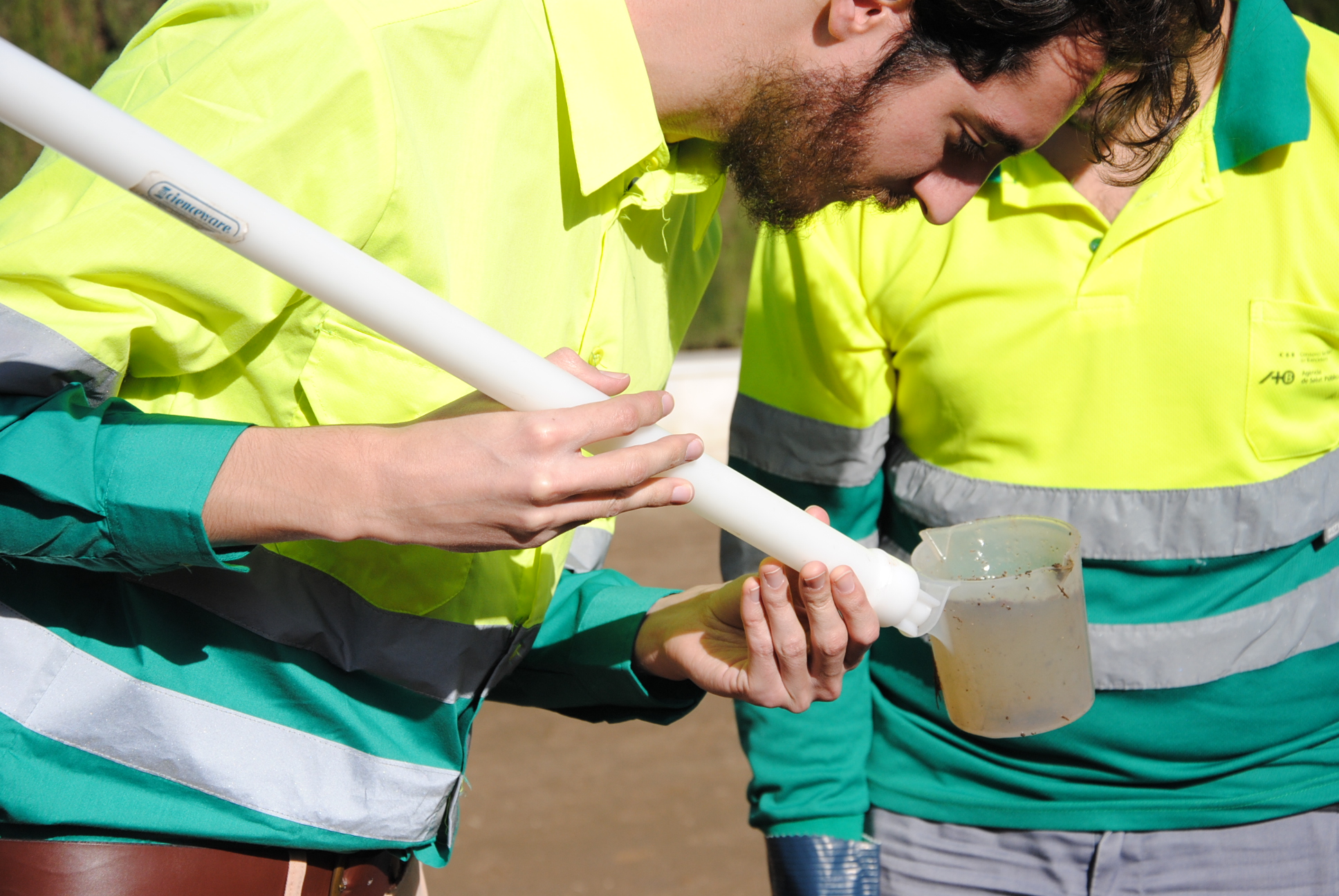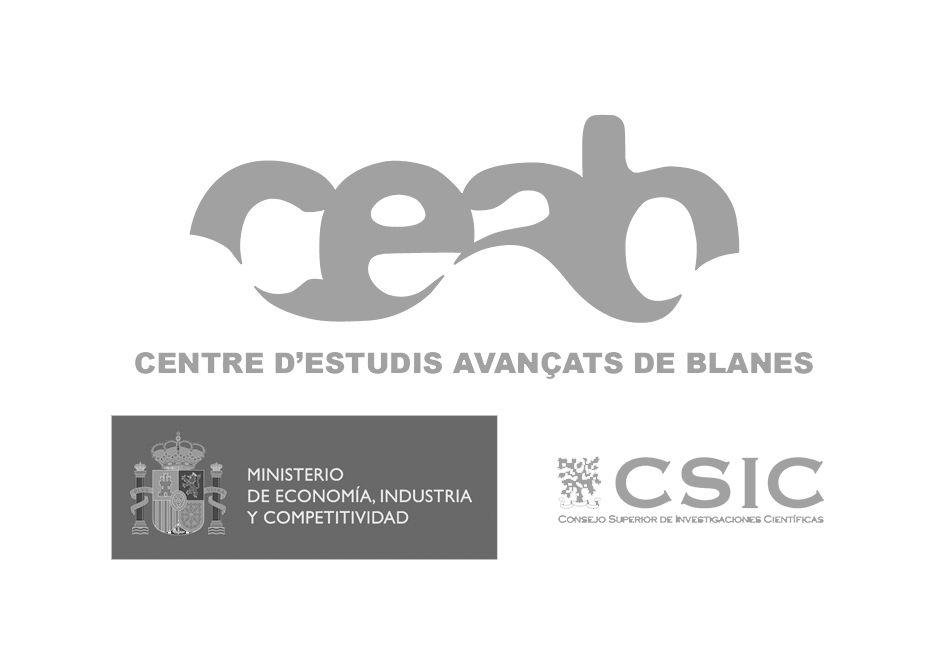The third meeting of ECSA (European Citizen Science Association) brought together a hundred attendees and a large variety of citizen science projects from around the world. AtrapaelTigre.com and Barcelona Public Health Agency (ASPB) participated in the Citizen Science Safari to show their work to the attendees.
Over three days from Wednesday October 28th through Friday October 30th, around 100 people from Europe, Australia, the United States, and Latin America joined in the activities of the Third General Meeting of the European Association for Citizen Science (ECSA), which took place in Barcelona. “This has been an opportunity to learn about different projects from all around the world and exchange experiences with representatives of the European Union,” said Frederic Bartemus, director of AtrapaelTigre.com.
The members of the AtrapaelTigre.com team are confident that this international encounter will help to strengthen citizen science.
“Citizen science makes it possible to get people involved in a scientific project by making them observers,” explains Aitana Oltra, AtrapaelTigre.com project coordinator. According to John Palmer, developer and data analyst, “this is a good way to get a large sampling of scientific data, and this is very useful for studying this insect.”
The safari, the star event
Wednesday afternoon the participants divided into groups and headed towards Barcelona’s Parc de la Ciutadella to get involved in projects first hand. AtrapaelTigre.com team members and technicians from the Barcelona Public Health Agency (ASPB) carried out a demonstration of their work by simulating a citizen alert of tiger mosquito and breeding site using the Mosquito Alert app.
The participants followed instructions in order to send a report using Tigatrapp and later they observed the tools and methodology used by the technicians in order to detect the larvae and apply treatments. “The reports that we get from the application help us detect the tiger mosquito breeding risk areas in Barcelona. The Parc de la Cituadella, for example, is one of those areas”, explained Lídia Fernández, ASPB technician.
Citizen science on the table
The event also featured debates about the main challenges facing citizen science, thematic talks, project presentations, and workshops. According to Josep Perelló, coordinator of the Citizen Science Office of Barcelona Laboratori (BCNLab), who participated in the organization of the meeting, “we want institutions and universities to understand that citizen science is important for society since it enables people to contribute to research in an active and real manner.”




